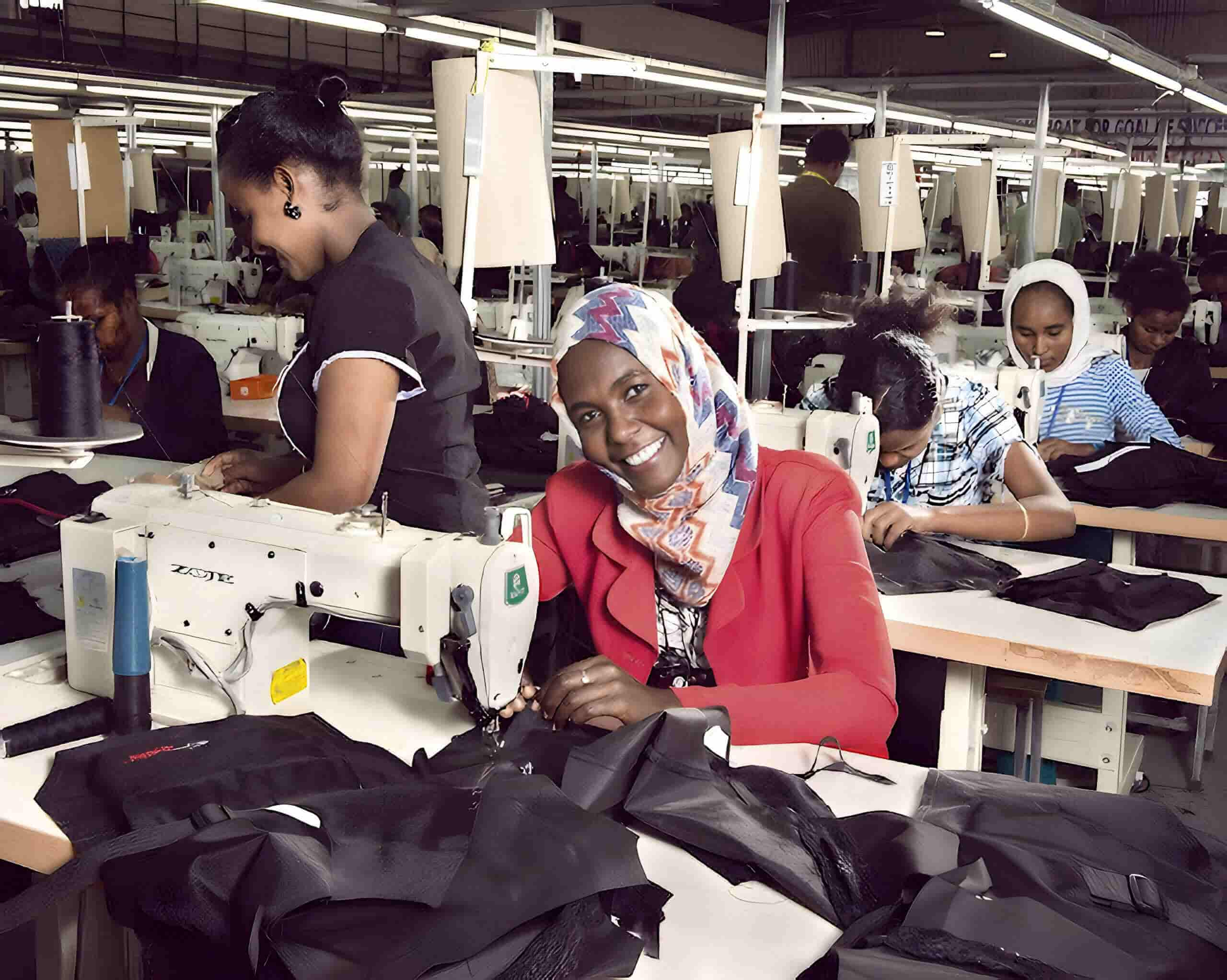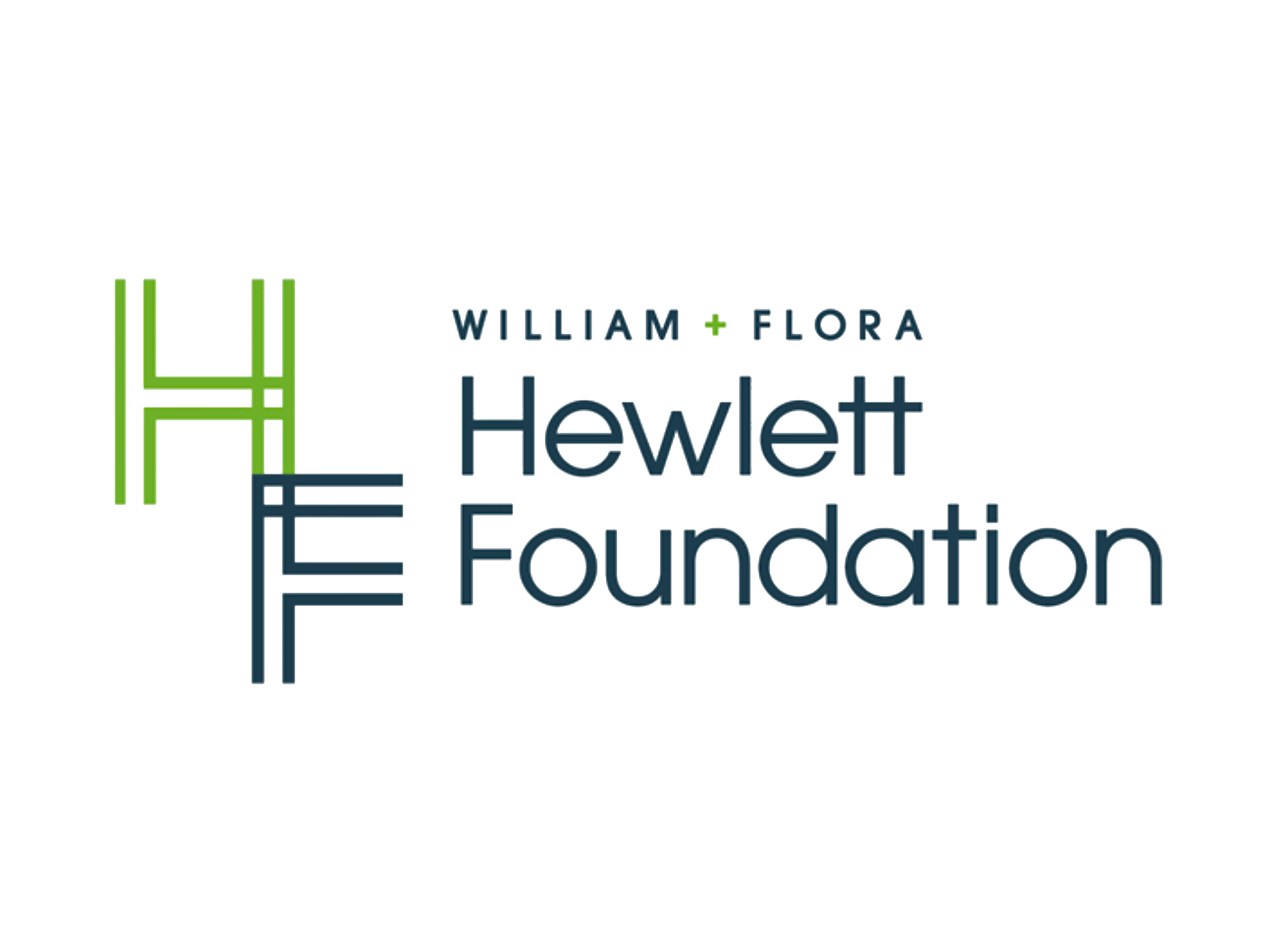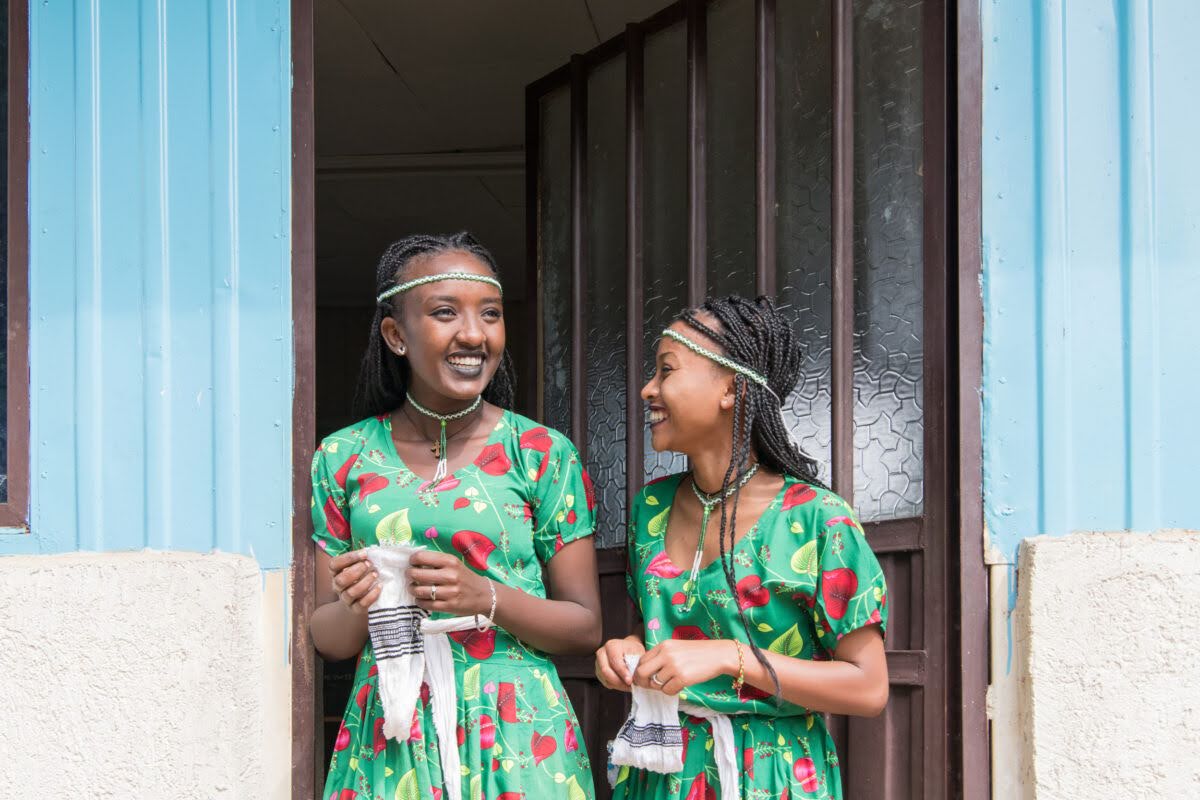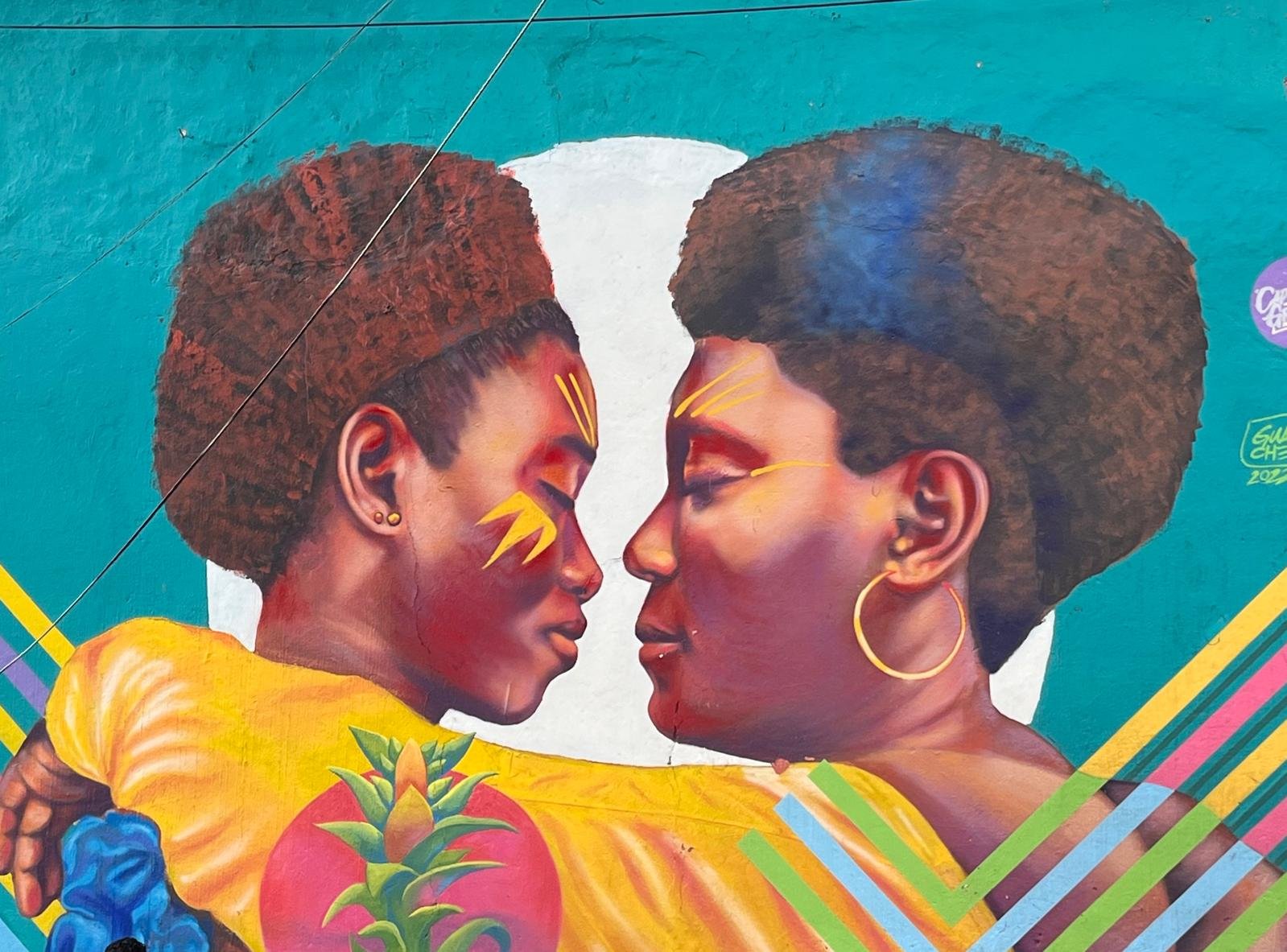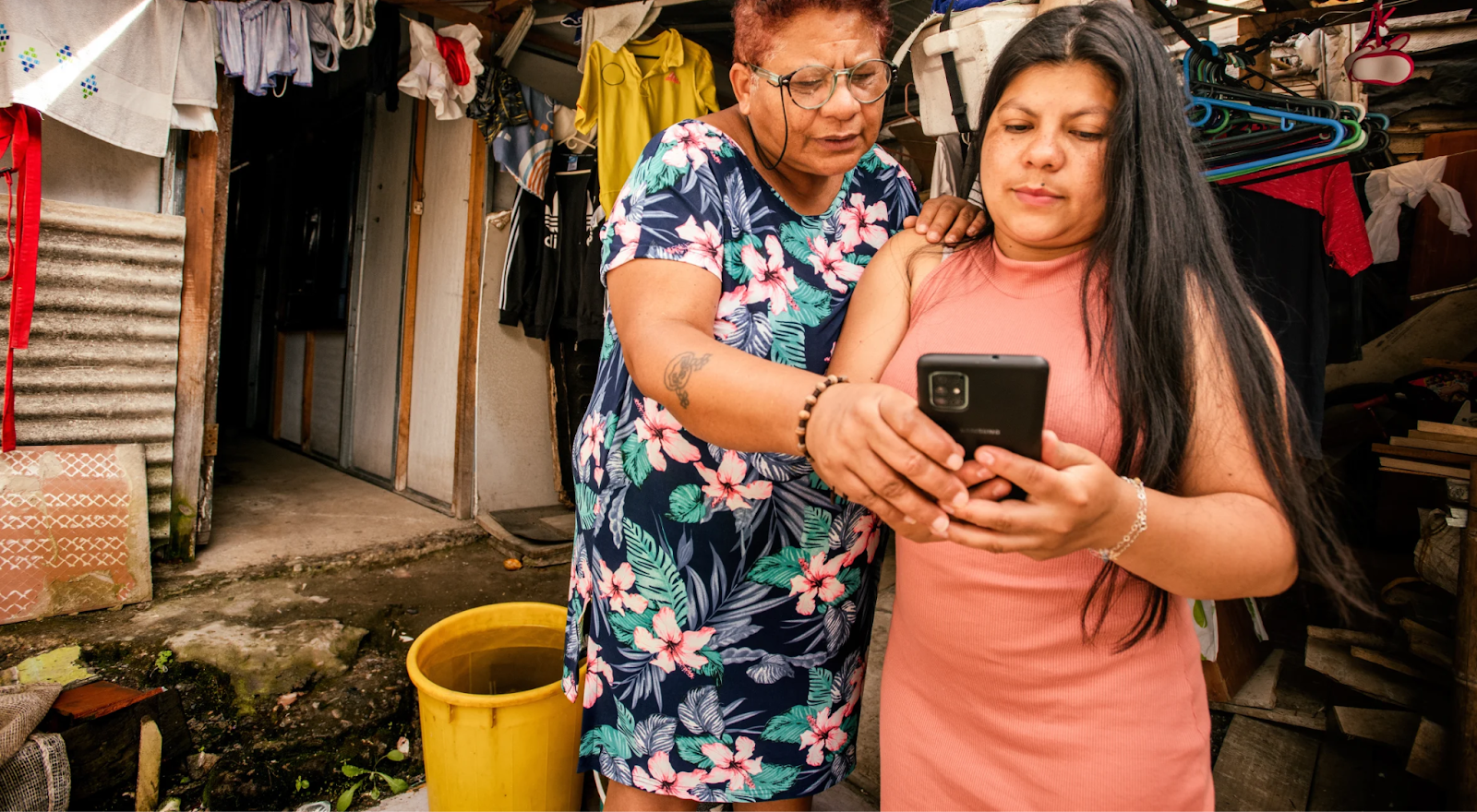In 2015, the Hewlett Foundation launched its first strategy on Women’s Economic Empowerment (WEE). The goal of that strategy was to support women in achieving greater agency, opportunities, and control over resources. To do so, we focused on three areas of grantmaking: data, research, and advocacy. We worked under the premise that improved data, macro-level research, and evidence-informed advocacy would help lead to more gender-informed policymaking, better enabling women’s equal participation in the economy.
Every five years, the Hewlett Foundation commissions an independent external evaluation of the strategies. Kore Global worked in partnership with SRI Executive to conduct an independent external evaluation of the 2015 – 2020 strategy to assess progress, learn, and ultimately use that learning to inform future strategy. The work was conducted in three stages: 1) evaluate the 2015-2020 strategy— including where progress had been made, where it had not, how, why, and for whom; 2) better understand how the field of women’s economic empowerment has evolved over the past five years, and the current landscape and opportunities; and 3) help shape the foundation’s strategy for the next five years. Reflections on this feminist evaluation can be found here. The WEE Evaluation Report can be found here. The new WEE Strategy can be found here.

